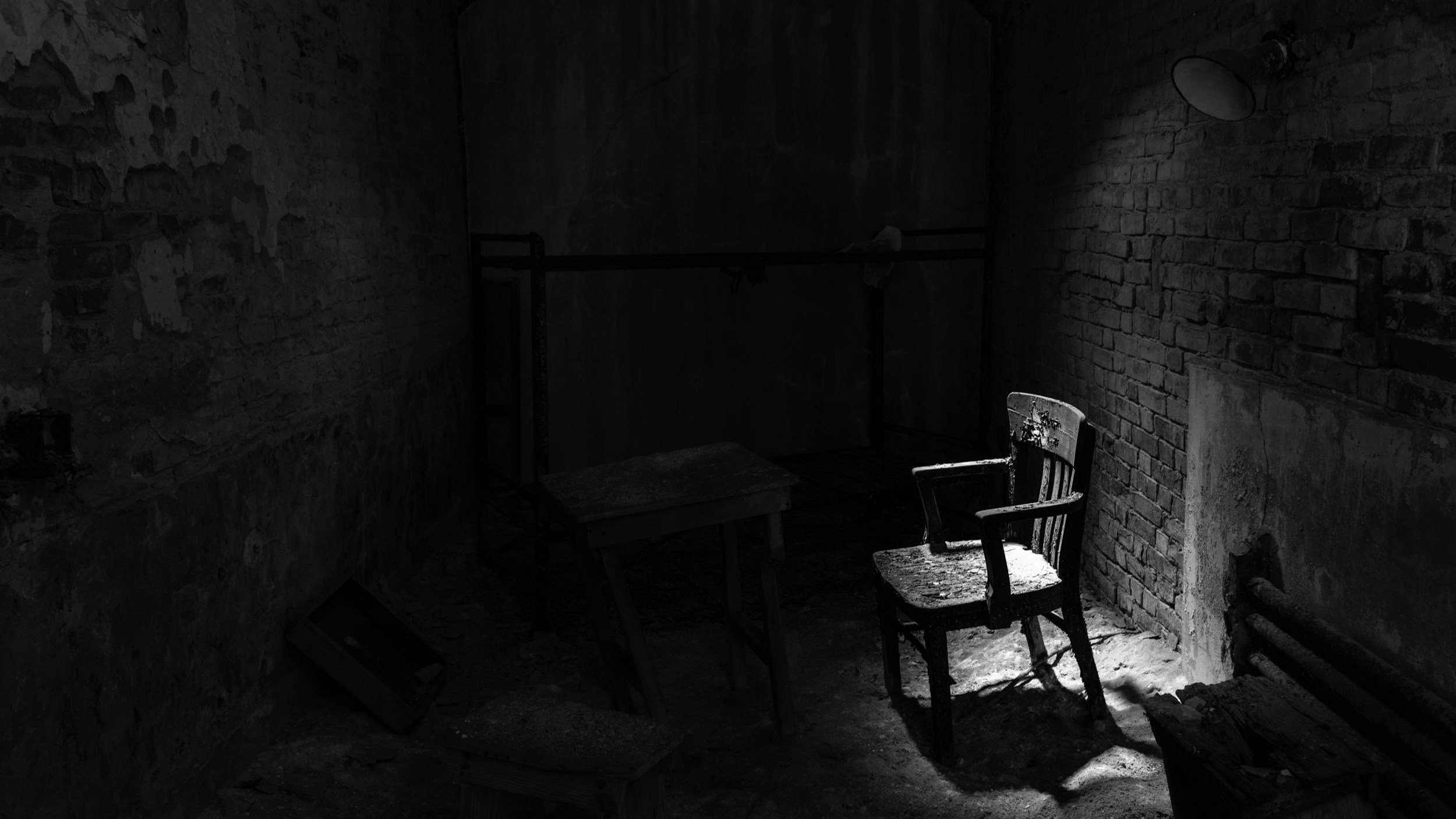
THE MISSION
EDUCATION FOR ALL /// REDEEMING TIME SERVED
We offer education to the people in our community who otherwise would not have access to it, namely incarcerated and reintegrating individuals, in order to redeem time served and make our community a better place for everyone. According to the Prison Policy initiative, Georgia ranks first in the nation for persons under some form of correctional supervision as of 2018. The Georgia Department of Corrections states that 95% of these individuals will return to society. There are numerous factors that contribute to a person's incarceration and potential recidivism. However, some of the most notable ones are an individual's inability to obtain gainful employment and recurring struggles with addiction. The lack of education presents a daunting barrier to the path of gainful employment to a people group who will already face a difficult time securing a job due to their criminal record. Without employment and laden with steep probation fines, oftentimes this population resorts to committing additional crimes that are monetarily motivated. Of course, narcotics are an additional part of this equation.
Many inmates, even if they were not arrested on drug related offenses, are wrestling with some form of addiction. While our state and county do have rehabilitation opportunities available, they are oftentimes too costly for someone just entering a post-release status. Very few programs begin working with inmates while they are still incarcerated, and even fewer programs try to build any form of community beyond the walls of the correctional facility once the inmate has been released. This lack of continued support leads to greater recidivism rates.
Currently 2 out of 3 prisoners will reoffend within 3 years. The average cost to house an inmate in the state of Georgia for one year is $21,000. This substantial burden is placed on taxpayers. Additionally, 60 percent of those inmates are parents. Coupling the parental factor to the absurdly high recidivism, it becomes apparent that this problem will affect generations to come.
We aim to see education improve the quality of life of our students while they are incarcerated and also upon their release. We believe that through education, our students will be equipped to make better choices and develop an overall better state of mental health. They will be equipped to be able to hold jobs, raise their families, and contribute back to the community. This will not only change their lives, but contribute to the safety and betterment of our community as a whole. Many of our students follow a cycle of repeat offending. It is our aim to aid them in breaking this destructive pattern. We hope to see these people become true and lasting success stories that will inspire others who may be facing similar struggles.
Another important goal of our organization is to improve the overall perception that Society has of inmates. We want to be a part of instilling a pro-reform mentality in our community. That is to say, a mindset that sees inmates as humans with the potential to be made whole again, rather than individuals who have gone awry and must forever be approached with caution. This will increase the men and women’s chances of reintegrating successfully into the community. If all of the aforementioned is accomplished, we should be able to effectively reduce the recidivism rate in North Georgia.
Furthermore, founded on the belief that Art has the power to affect radical change in a community, Lion Life seeks to inspire our students to create a better world through many different artistic mediums. We believe Art, at its core, is about conveying or shifting a perspective, and that metacognition is often the result of creating. When anyone engages in metacognition, they are more able to overcome challenges, gain perspective, self-regulate, and persevere through any issue. By having our students create in a collaborative setting, they also come to form deep relationships around the act of creation, leading to an unheralded unity across all fronts. For the enrichment of our community and our future, we believe in education for all.
2019 Prison v.s. County Jail Releases
WHY IT MATTERS
Each year, nearly 650,000 people are released from U.S. prisons and over 7 million are released from jails. (1,2)
Approximately 2 out of every 3 people released from prison in the United States are rearrested within 3 years of their release. (3)
The number of people released from prison has increased 350 percent over the last 20 years. (4)
The Bureau of Justice Statistics reports that only 46 percent of incarcerated individuals have a high school diploma or its equivalent, as compared to 82 percent of men aged 18 to 34. (5,6)
Significantly, one in six jail inmates reports that he or she dropped out of school because he or she was convicted of a crime, was sent to a correctional facility, or was involved in illegal activities. (7)
About two thirds of people in prison and jail were employed—either full or part time—during the month before they were arrested for their current offense. (8)
Nearly half of those leaving jail were earning less than $600 per month immediately prior to their incarceration. (9)
Vocational program availability is very limited for jail inmates, with only five percent of jail jurisdictions offering vocational training. Many jail jurisdictions offer no educational or vocational training at all. (10)
Incarcerated parents owe an average of more than $20,000 when they are released from prison. (11)
Recent studies have found that participation in prison education, job training, and placement programs is associated with improved outcomes, including reduced recidivism. (12)
Recidivism rates of participants in prison education, vocation, and work programs have been found to be 20 to 60 percent lower than those of nonparticipants. (13)
Participants in work programs are more likely to be employed following release and have higher earnings than nonparticipants. (14)
"I truly believe that education has the ability to bring Light even to the darkest corridors. "
— Brody Smithwick, Founder

